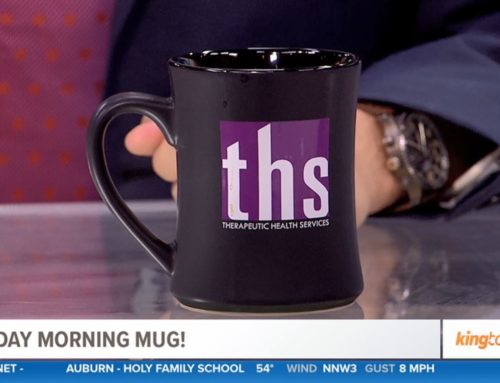What are co-occurring disorders?
The term co-occurring disorder applies when someone has both a mental health and a substance use disorder. This is also known as dual diagnosis or dual disorder. For example, an individual with anxiety who is also struggling with alcohol use. For more information visit: https://www.samhsa.gov/disorders.
How is the Integrated Cognitive Therapies Program (ICTP) different from other programs?
Often youth with co-occurring mental health and substance use disorders see multiple providers, one who specializes in each area. Integrated treatment means that one therapist provides both mental health and substance use treatment at the same time. In ICTP, youth also have access to psychiatric services if needed. Integrated treatment reduces stress on families since they don’t have to coordinate multiple appointments. It can also help reduce costs. In addition, fewer appointments means that youth have more time for positive activities like sports or after school clubs. As a result, they are able to spend more time with peers who don’t use drugs.
How does ICTP treat co-occurring disorders?
The first step is an assessment to determine whether co-occurring mental health and substance use disorders are present. Then the therapist helps the youth set goals and begin weekly therapy, usually for a total of 16 sessions. ICTP therapists are trained to address both mental health and substance use disorders. They use proven, evidenced-based approaches like Motivational Enhancement Therapy, Cognitive Behavioral Therapy, and Contingency Management. Treatment is individualized to each youth and his or her own goals. Sessions focus on developing skills to manage urges to use substances and cope with difficult emotions. Therapists also teach other skills that promote healthy decision-making.
How common are co-occurring disorders in youth?
It’s hard to say how many youth have co-occurring disorders because many have not been diagnosed. According to SAMHSA’s data from 2014, 1 in 10 youth ages 12-17 had a major depressive episode that year. These youth were twice as likely to try alcohol or other drugs compared to their peers. Youth with mental health disorders are at a greater risk for developing a substance use disorder than other youth.
How do I know if my youth has co-occurring disorders?
You don’t have to know! If it seems like your youth is struggling with emotional problems or drugs/alcohol, give us a call. We can help you determine if you should schedule an assessment. Some signs can include:
- Frequently missing school or getting in trouble at school (especially if related to using drugs or alcohol at school)
- Sudden changes in sleep patterns
- Sudden changes in friend group or avoiding friends completely
- Losing interest in activities that used to be fun
- Angry outbursts
- Talking about suicide or attempting suicide
- Sudden changes in weight
- Finding drugs/alcohol or paraphernalia (pipes, empty bottles, pills that were not prescribed, etc.) in your home/youth’s room
- Unexplained cash or especially expensive items (or money going missing)
- Arrests/legal problems
What if a youth needs medication?
Youth in ICTP can receive psychiatric services and medication management appointments with a psychiatric practitioner when indicated.
What about family therapy or other support for parents?
ICTP staff understand that parenting a teen with co-occurring disorders is difficult. ICTP offers the option for parents or caregivers to participate in family coaching. You can participate in individual sessions or in a group with other families.
Who is eligible for ICTP and where are services located?
In the Greater Seattle area:
Youth age 13-26 can come to our Youth and Family Services Branch on Martin Luther King Jr. Way S. in Seattle. This location accepts private insurance and Medicaid. Contact the ICTP Administrative Program Manager at 206-322-7676 ext. 6248 for questions or to request an appointment.
In South Snohomish County:
Our South Snohomish County Program serves youth age 13-19 who either: – – Live in South Snohomish County and are involved in the juvenile justice system (Diversion Agreement, Probation, or At-Risk Youth programs)
OR
– Attend school in the Edmonds School District
Youth in the Edmonds School District may be able to have sessions at school during the day or after school. Student Support Advocates at the schools can help you set up an appointment. Youth involved in the juvenile justice system should ask their Juvenile Probation Counselor or other court staff for a referral. Sessions take place at the Verdant Community Wellness Center in Lynnwood. A grant from the Verdant Health Commission helps cover the cost of services.
For more information, please call 206-322-7676 extension 6248 or visit the ICTP Program page.

